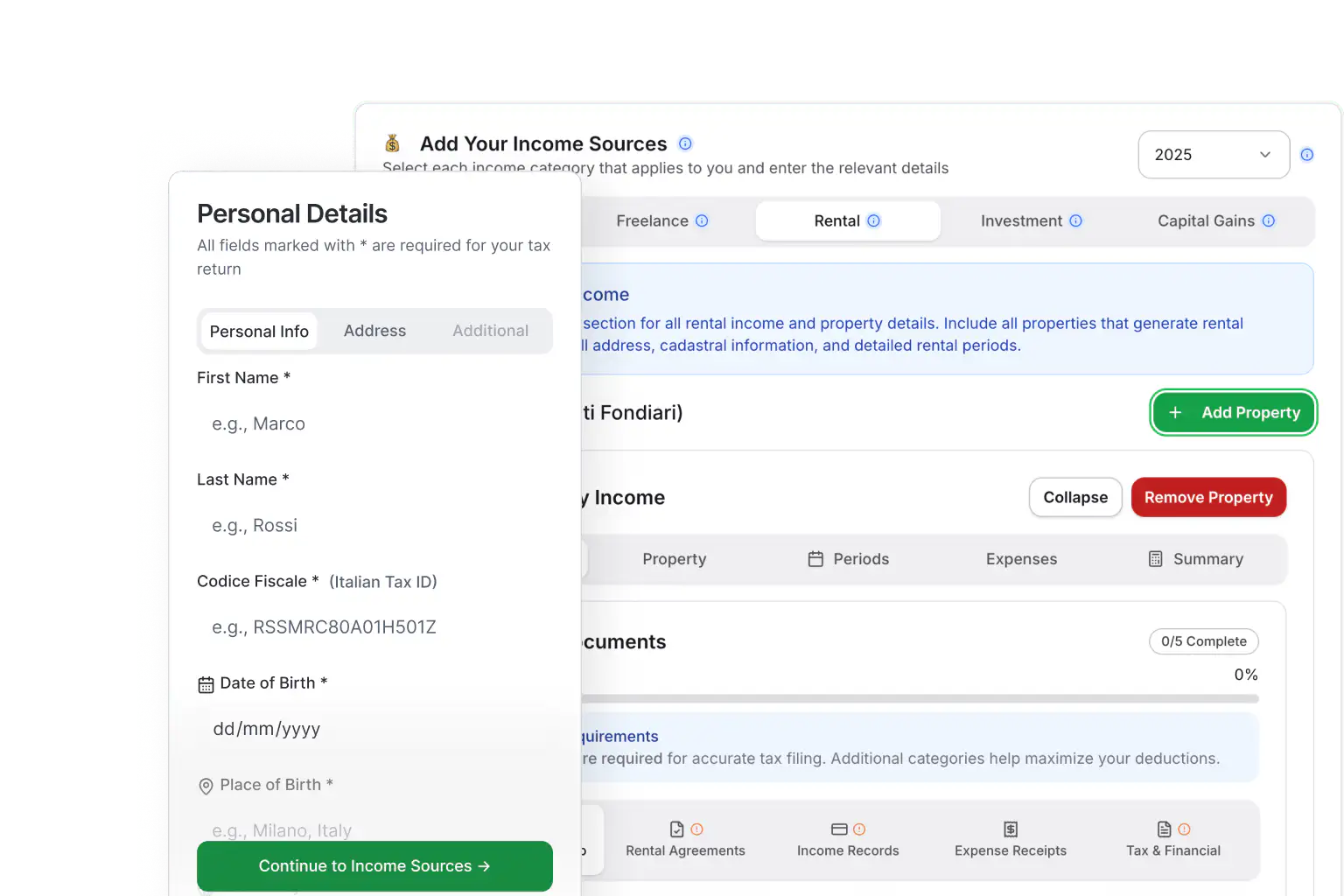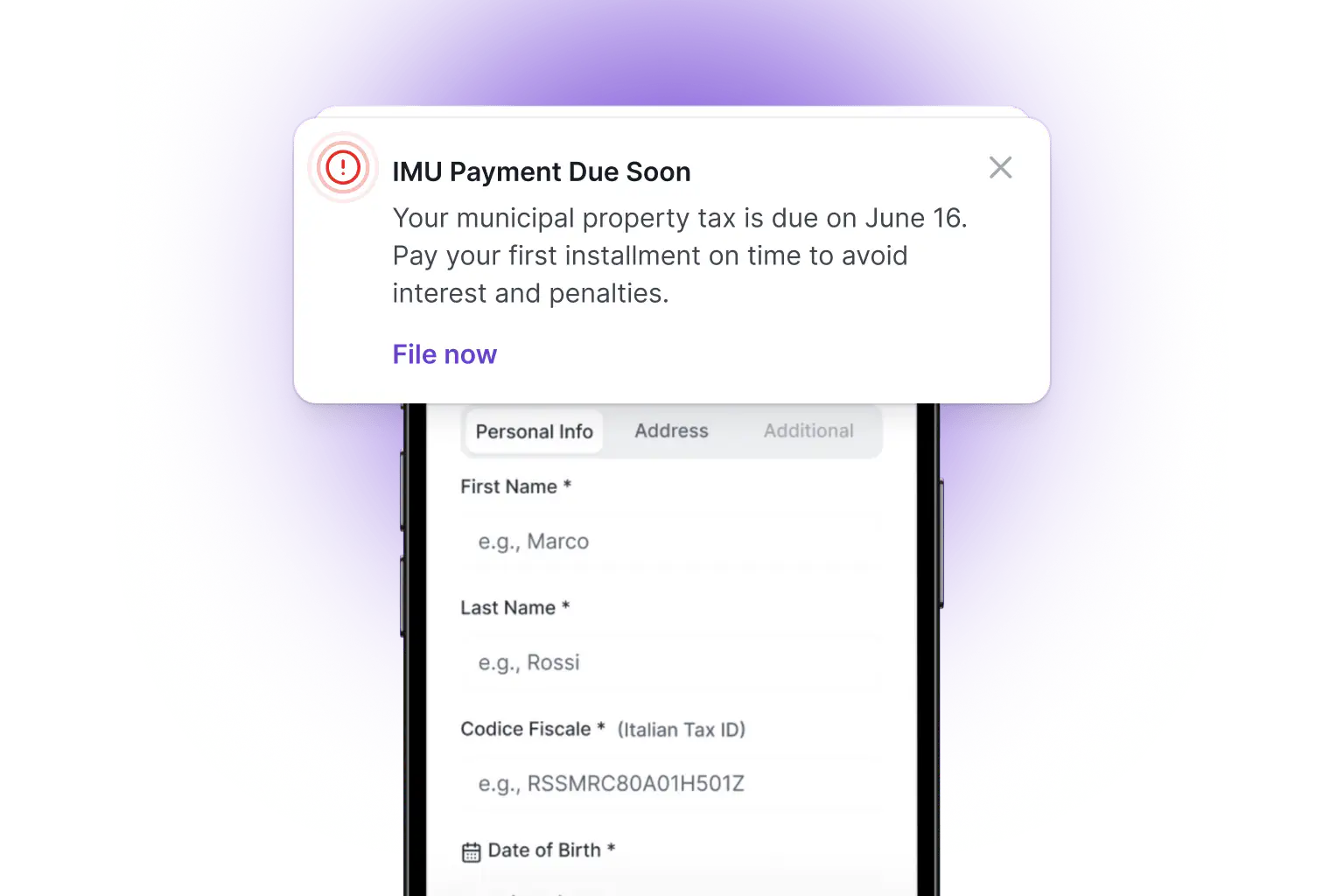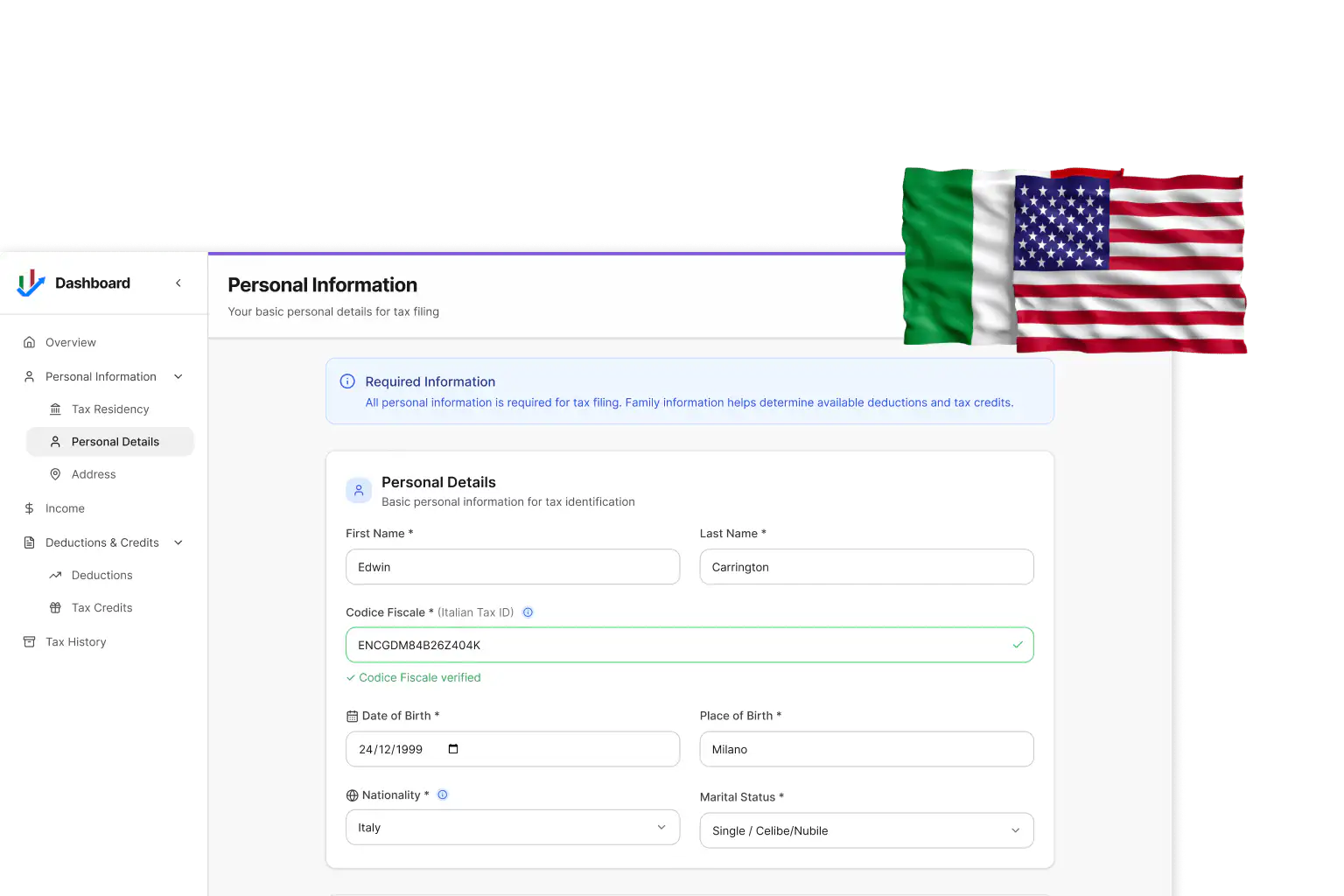




A popular option for employees, freelancers, or entrepreneurs relocating to Italy. It allows you to benefit from a tax exemption of 50%–70% of your Italian-source employment or self-employment income for up to 5 years, with possible extensions.
Foreign retirees who move their residence to certain municipalities in southern Italy can opt for a flat 7% tax rate on all foreign income, instead of paying progressive rates. This is designed to attract pensioners looking for a lower cost of living.
New residents with significant wealth can choose to pay a flat €200,000 annual tax on all foreign income, regardless of the total amount earned abroad. Additional family members can be added for an extra €25,000 each.
Certain regions and municipalities may offer additional tax breaks or incentives to encourage relocation and investment.
It’s important to check the eligibility rules for each regime carefully, as they often have conditions about where you move from, where you live in Italy, and how long you plan to stay. Many people miss out on these savings because they don’t realize they qualify.
ItalianTaxes.com makes it easy to understand your options. Our bilingual, tech-driven platform — backed by trusted Italian commercialistas — shows you what you might qualify for and helps you file your taxes correctly, every time.
Create your free account today to see which special tax regime could save you money.



